Heard of “Net-Zero Oil” or “Carbon Negative” Bioenergy? In 2023 You Will
DeSmogBlog
JANUARY 3, 2023
Salmon might seem like a good alternative to meat, in a world that needs to shift away from carbon-intensive cattle — at least the fish farming industry would have you see it that way. Carbon Capture and Storage. With pressure to decarbonise growing, oil executives are pushing the technology harder than ever. Aquaculture.


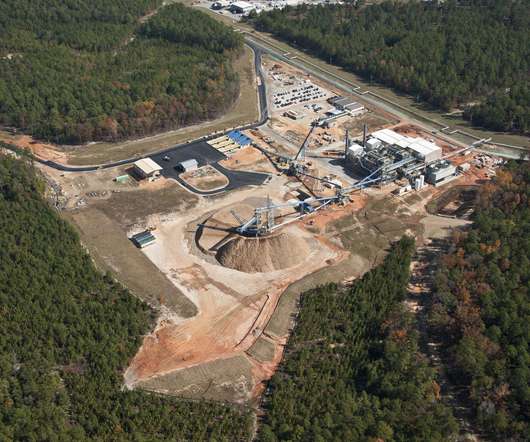

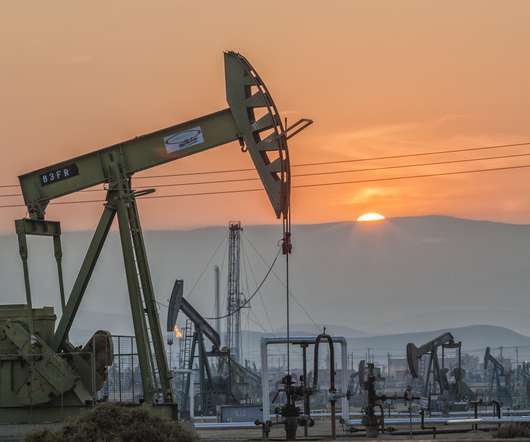
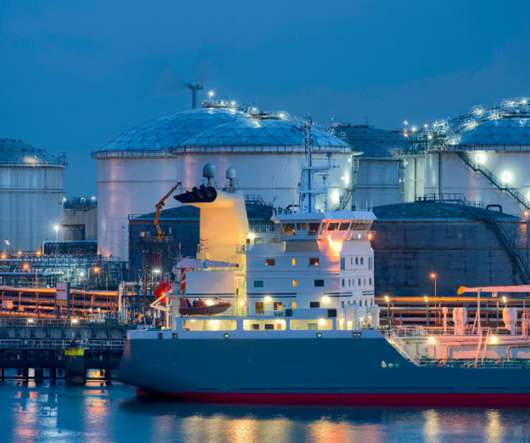
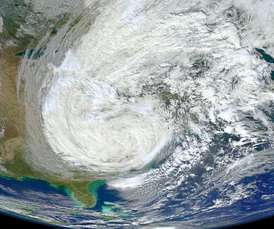
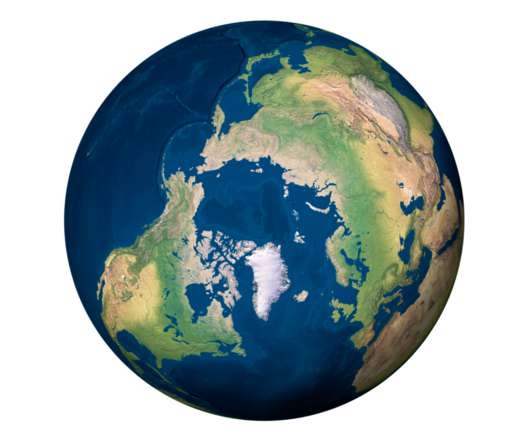
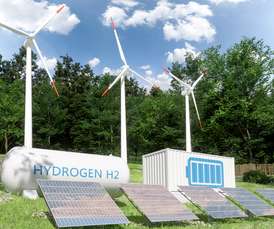








Let's personalize your content